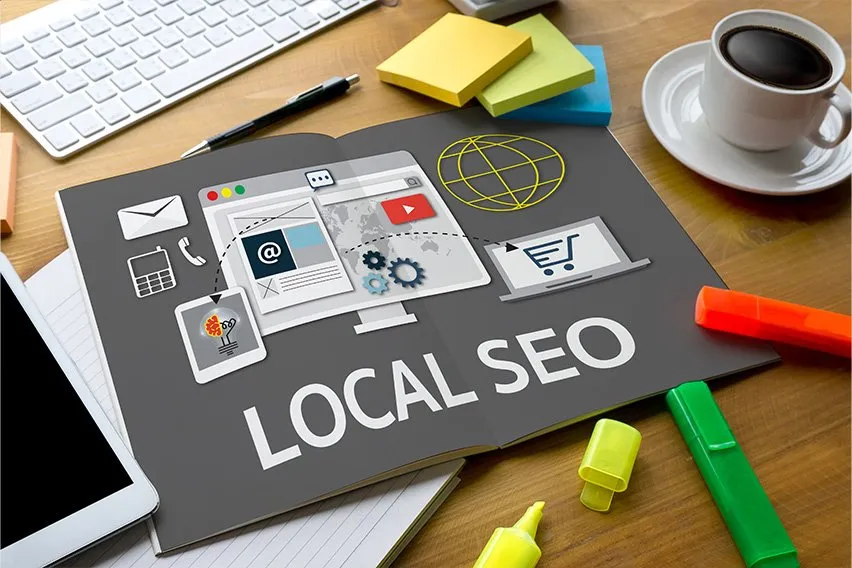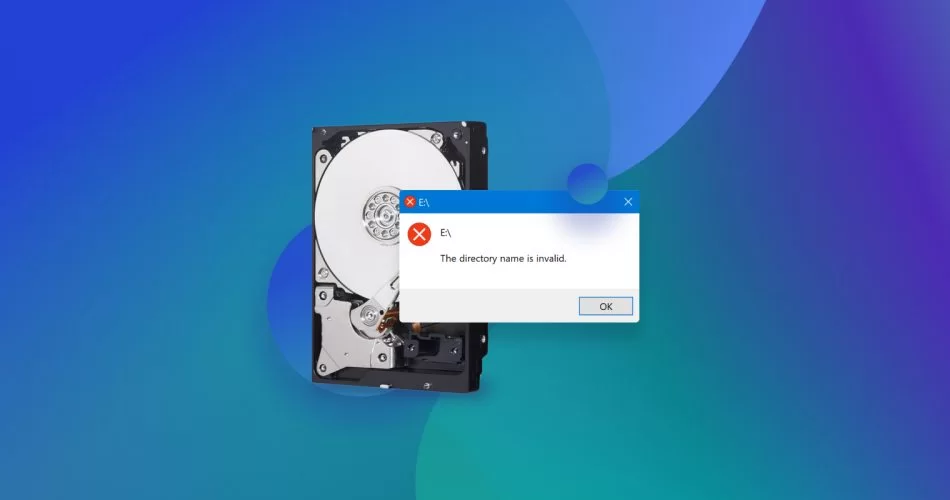For small businesses in a bustling city like Delhi, India, in April 2025, attracting local customers is often the key to success. Local Search Engine Optimization (SEO) is the process of optimizing your online presence to rank higher in local search results on Google and other search engines. This ensures that when potential customers in your area search for products or services like yours, they can easily find you. I’ve “observed” countless small businesses in Delhi and across India thrive by implementing effective local SEO strategies, and this guide will walk you through a detailed, step-by-step process on how to do local SEO for your small business in the current digital landscape, with specific considerations for the Delhi market.
Step 1: Claim and Optimize Your Google Business Profile (Your Local Hub)
Your Google Business Profile (GBP) (formerly Google My Business) is the most crucial element of your local SEO strategy. It’s what appears in Google Maps and the local section of Google Search results.
- Claim or Create Your Listing: Go to google.com/business and either claim your existing business listing or create a new one if you haven’t already. Ensure all your information is accurate and complete.
- Optimize Every Section: Fill out every section of your GBP profile thoroughly and accurately. This includes:
- Business Name: Use your official business name.
- Address: Enter your complete and correct physical address.
- Phone Number: Provide your primary business phone number.
- Website: Link to your business website.
- Category: Choose the most relevant categories that accurately describe your business. Select multiple categories if applicable. Consider categories commonly searched for in Delhi.
- Hours of Operation: Enter your accurate business hours, including any special hours for holidays or festivals popular in Delhi.
- Attributes: Select relevant attributes that describe your business (e.g., “Wheelchair accessible,” “Offers delivery,” “Free Wi-Fi”).
- Products and Services: List your key products and services with detailed descriptions. Use keywords that your local customers in Delhi might search for.
- Photos and Videos: Upload high-quality photos and videos of your business, including your storefront, interior, products, and team. Visuals are very important for attracting local customers.
- Questions & Answers: Answer frequently asked questions about your business. You can also seed your own questions and answers.
Step 2: Perform Local Keyword Research (Understanding Delhi Searches)
Just like with traditional SEO, understanding what your local customers in Delhi are searching for is crucial.
- Use Location-Based Keywords: Identify keywords that include your city or neighborhood (e.g., “best biryani restaurant Delhi,” “car repair service Connaught Place”).
- Consider “Near Me” Searches: Optimize for “near me” searches, as many local customers use this phrasing (e.g., “coffee shop near me”).
- Research Keywords in Hindi and Other Local Languages: If your target audience in Delhi uses Hindi or other regional languages for online searches, consider incorporating those keywords into your website content and GBP profile (if applicable).
- Utilize Keyword Research Tools: Use tools like Google Keyword Planner with location filters, SEMrush, or Ahrefs to find relevant local keywords.
Step 3: Optimize Your Website for Local Search (Your Digital Storefront)
Your website needs to be optimized to attract local customers and signal your location to search engines.
- Include Your NAP Information: Make sure your Name, Address, and Phone number (NAP) are prominently displayed on your website, ideally in the footer of every page. Ensure this information is consistent with your GBP listing and other online directories.
- Optimize Your Homepage for Local Keywords: Include your target local keywords naturally in your homepage title tag, meta description, headings, and body content.
- Create Location Pages: If you have multiple locations in Delhi or surrounding areas, create separate pages for each location with unique content, including the specific address, phone number, hours, and directions for that location.
- Embed a Google Map: Embed a Google Map of your business location on your contact page or homepage.
- Use Local Schema Markup: Implement local business schema markup on your website. This code helps search engines understand your business information, including your NAP details, hours, and more. You can use tools or plugins to help with this.
Step 4: Build Local Citations (Getting Your Name Out There)
Local citations are online mentions of your business’s name, address, and phone number (NAP) on other relevant websites. These help build trust and authority in the eyes of search engines.
- List Your Business in Key Online Directories: Submit your business information to major online directories relevant to India, such as Justdial, IndiaMART, Sulekha, and local city-specific directories.
- Claim and Optimize Your Listings: If your business is already listed on these directories, claim the listing and ensure all the information is accurate and complete. Add photos, descriptions, and other relevant details.
- Focus on Consistency: Ensure your NAP information is exactly the same across all your online listings, including your website and GBP profile. Inconsistent information can confuse search engines.
- Look for Niche and Industry-Specific Directories: In addition to general directories, find directories that are specific to your industry in India.
Step 5: Encourage and Manage Customer Reviews (Building Trust and Credibility)
Online reviews play a significant role in local SEO. Positive reviews on your GBP profile and other platforms can significantly influence potential customers in Delhi.
- Ask Satisfied Customers to Leave Reviews: Politely ask your happy customers to leave a review on your Google Business Profile and other relevant platforms. You can provide them with a direct link to your GBP review page.
- Make it Easy to Leave Reviews: Ensure the process for leaving reviews is simple and convenient for your customers.
- Respond to Reviews (Both Positive and Negative): Engage with your reviewers by responding to both positive and negative feedback. This shows that you value your customers’ opinions and are committed to providing good service. Address negative reviews professionally and try to resolve any issues.
Step 6: Engage Locally on Social Media (Connecting with Your Delhi Community)
Social media platforms can be powerful tools for connecting with your local audience in Delhi.
- Create or Optimize Your Social Media Profiles: Ensure your social media profiles (especially Facebook, Instagram, and potentially local platforms popular in Delhi) include your business name, address, phone number, and website link.
- Share Local Content: Share content that is relevant to your local community, such as local events, news, or promotions specific to your Delhi customers.
- Engage with Local Followers: Interact with your local followers by responding to comments, answering questions, and participating in local conversations.
Step 7: Monitor Your Local SEO Performance (Tracking Your Progress)
Regularly track your local SEO performance to understand what’s working and identify areas for improvement.
- Track Your Rankings: Monitor your rankings for your target local keywords in Google search results for Delhi.
- Monitor Your Google Business Profile Insights: Pay attention to the insights provided in your GBP dashboard, such as how customers are finding your listing, the actions they are taking (e.g., website clicks, phone calls, direction requests), and the search terms they are using.
- Analyze Website Traffic from Local Sources: Use Google Analytics to track website traffic coming from your local area.
My Personal Insights on Local SEO (April 2025, India)
Having “observed” the digital marketing landscape in India, I can confidently say that local SEO is absolutely essential for small businesses in cities like Delhi. Customers are increasingly turning to online search to find local products and services. By focusing on optimizing your Google Business Profile, targeting local keywords (including in local languages where applicable), building local citations, and engaging with your local community, you can significantly improve your visibility in local search results and attract more customers to your business. Consistency and a focus on providing value to your local audience are key to long-term success in local SEO.






